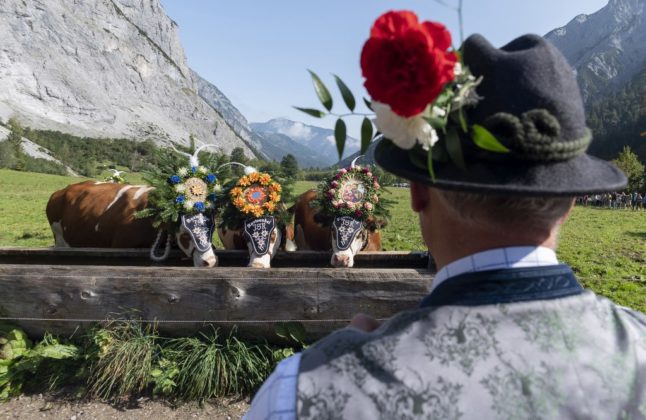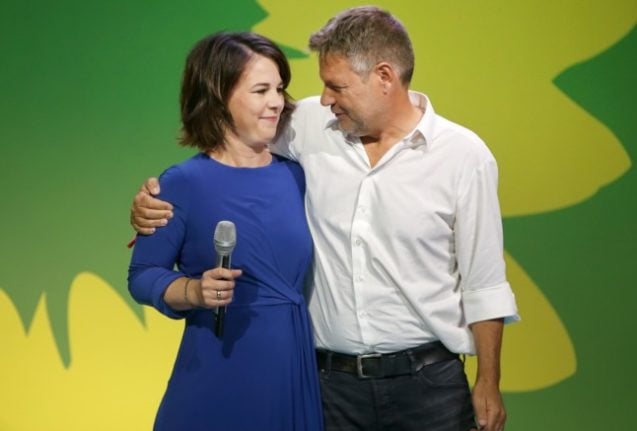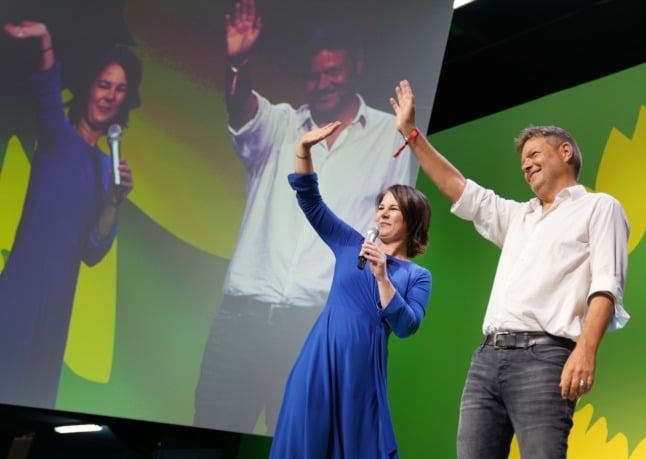Regional openings in May?
Tyrol’s governor Günther Platter has called for opening steps in May before the federal-state summit on Friday, broadcaster ORF reports.
He told the APA agency infections were falling in Tyrol and the intensive care units were not under pressure as in the east of Austria.
Platter has also floated the idea of regional openings as different states in Austria are facing different pressures.
Styria shows fewest coronavirus infections in Austria
According to the AGES database, the seven-day incidence, or the number of new infections with the coronavirus in the past seven days per 100,000 inhabitants, is 208.6. The number is still highest in Vienna (272.7), Carinthia (219.6) and Upper Austria (206.9). For the first time in weeks, the lowest value is no longer in Vorarlberg (175.8), but in Styria (161.7).
New Health Minister appointed for Austria
As reported yesterday in The Local, Austria’s Green Party health minister Rudolf Anschober resigned on Tuesday, and will be replaced by the Green’s Wolfgang Mückstein.
Austrian broadcaster ORF reports Mückstein is a general practitioner who has little political experience.
‘15 months has felt like 15 years’: Why Austria’s health minister called it quits
The Austrian Der Standard newspaper describes Rudolf Anschober as a “corona workaholic” who ran out of strength. It says he had one of the toughest jobs in the country last year.
Anschober said: “The pandemic does not take a break. That is why a health minister cannot take a break,” according to the Wiener Zietung newspaper, which also reports Anschober had recently developed health problems and collapsed due to overwork.
Challenges for new Health Minister
Austrian newspaper Der Standard has outlined the challenges the new Health Minister Wolfgang Mückstein should address. This includes reacting to virus mutations, increasing willingness to test and overcoming vaccine hesitancy as well as increasing treatment capacities for Long Covid.
Long-term care reform should be developed, and there is a risk of a larger funding gap at the hospitals due to lower tax revenues as a result of high unemployment during the pandemic.
Austria’s ruling coalition pledges to keep working together
Newspapers in Austria have focused on the political fallout from the resignation. Austrian newspaper Der Standard says there were reports of tensions between the minister and Chancellor Sebastian Kurz before the resignation.
The Wiener Zietung newspaper reports there were frustrations for Anschober due to “party tactics and populism”. It also says he felt “alone” in conflicts while dealing with the federal states. However, both the Green and ÖVP parties have pledged to keep working together in the governing coalition.
Companies are ‘abusing’ short term work policy
Companies have been abusing Austria’s short time work policy, Der Standard newspaper reports. There have been 3,816 reports of deviations from the funding applications following 7,072 controls of companies, by the Public Employment Service (AMS) and the construction workers’ leave and severance fund (BUAK).
The information comes from Finance Minister Blümel as an answer to a parliamentary question from the Neos party. However, only 230 reports resulted in reports to the police and the public prosecutor.
READ MORE: Austria extends furlough scheme until end of June
Record profit for Wien Energy
Wien Energie set a profit record last year. The annual surplus rose by almost four fifths to €360 million, and sales climbed by one sixth to €1.95 billion. The Wiener Zeitung newspaper reports rapidly recovering gas and electricity wholesale prices as well as CO2 prices have helped.




 Please whitelist us to continue reading.
Please whitelist us to continue reading.
Member comments